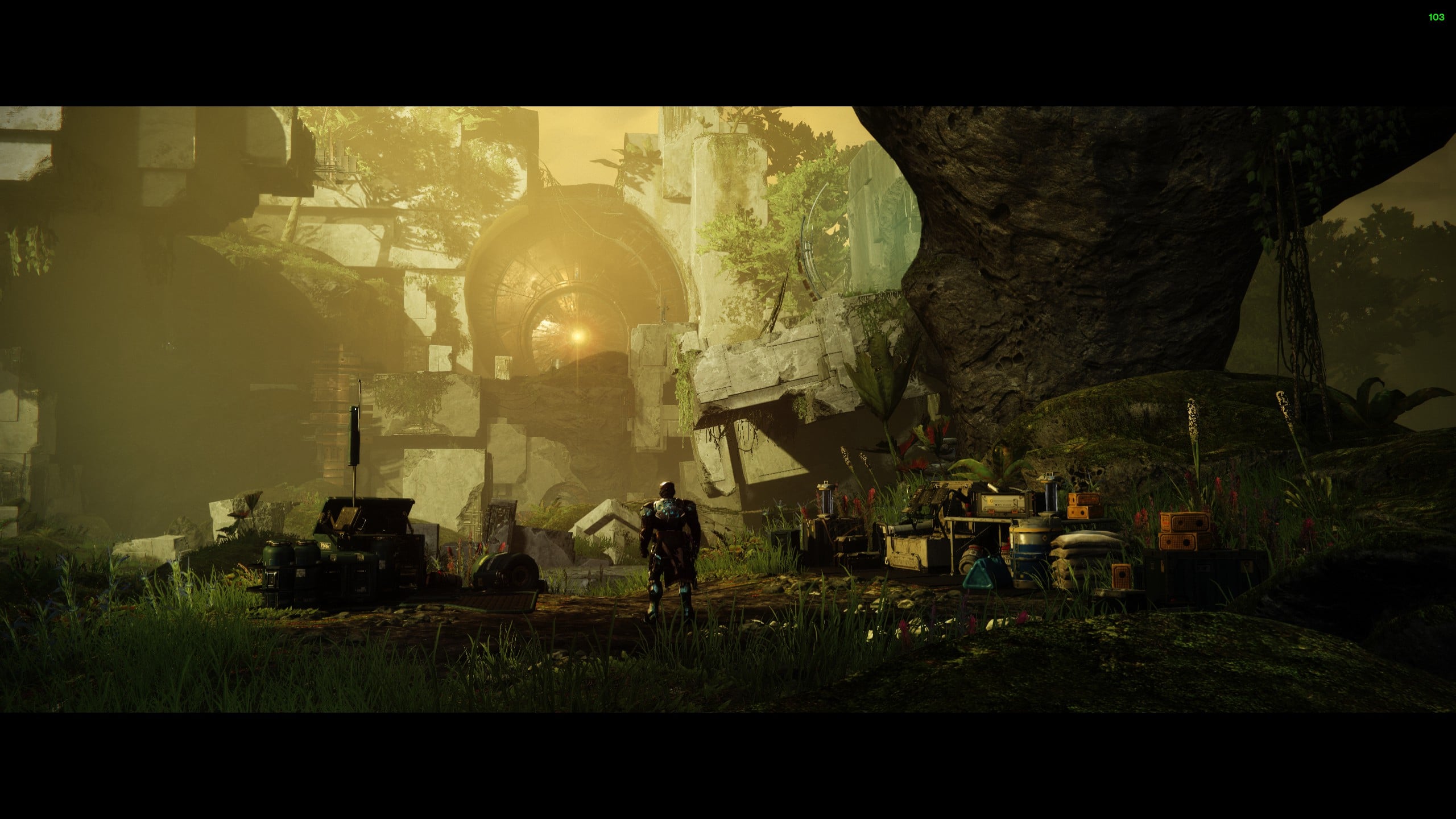

That doesn't mean that armies don't have a place in DnD. heroes) traveled at least as fast as griffonback and smashed the Kingdom while the King was still training his peasants on which end of a spear to poke people with.
#TOME OF OBSCURITY DESTINY 2 FULL#
It doesn't really matter if King Draxall's castle is now full of lava because the attackers opened a gate to a volcano in his throne room or if they went all Die Hard on the King's personal guard and gutted the bunch….the truly important troops (i.e. If you have the bigger heroes, they knock down any smaller heroes, then walk up to the Kingdom of Good King Draxall … yada yada yada…and hear the lamentation of his womenfolk. It all comes down to the question "who's got the bigger heroes?" Peasant uprisings of plucky farmers just don't happen in a world where a 1st level mage with a Wand of Fireballs and a decent Hide check can set an army of thousands on fire, and the bravest and best trained units of knights just aren't going to conquer the land/government that has a guy chain-binding vrocks to serve as elite terror squads to kill every peasant in a hundred mile radius of your capital. War in the DnD universe is very nasty, very brutal, and very short. That being said, war is the same thing, but writ large. " War is not about who is right, but who is left."ĭ&D is a game about stabbing people in the face, rifling through their pockets and/or home, and then going back to your own home where the beer is cold and the woman are warm and waiting for the next foolio to present himself for stabbing (and rifling). In a very real way, the Player's Handbook hands us Fighting Men who would be better suited to appear in groups of 3 per player than to stand alone.

The basic setup of the game has changed a lot, but Fighters have changed only a little. And so we really need Fighting Men to be a lot more interesting and effective than they are in the rules.

No longer are we allowing our Fighting Men to go without a last name unless and until they get to fourth level without being eaten by an owlbear. Now every character is supposed to be individually important and have some background and so on and so forth. Well, that isn't how things work anymore. So you rolled up stats for each guy, and if you rolled well enough on a guy he could be something other than a Fighting Man, and the rest of your guys were basically just speed bumps whose lot in life was to stand between the monsters and the Magic Users so that the real characters could survive to another day. Indeed, players still controlled lots of characters, and it was deemed impractical for more than one or two of those characters to be any good or in any fashion important.

When the new classes (such as "Magic User" and eventually "Thief" and "Cleric") were introduced, they were intended to be better than the Fighting Men. So it isn't surprising that at first you "roleplayed" a small group of heroic fighting men. The smaller number of better Fighting Men would be your "army" and eventually people started playing magical teaparty with their fighting men, and it turned into a roleplaying game. And that, right there, is the origins of DnD. Eventually, someone got really lazy, and wanted to replace a large number of fighting men with heroic fighting men who would be easier to paint because there were much less of them. You had a field filled with tiny men, and they fought each other with swords and bows. In its origins, D&D was a wargame like Warmachine or Warhammer.


 0 kommentar(er)
0 kommentar(er)
